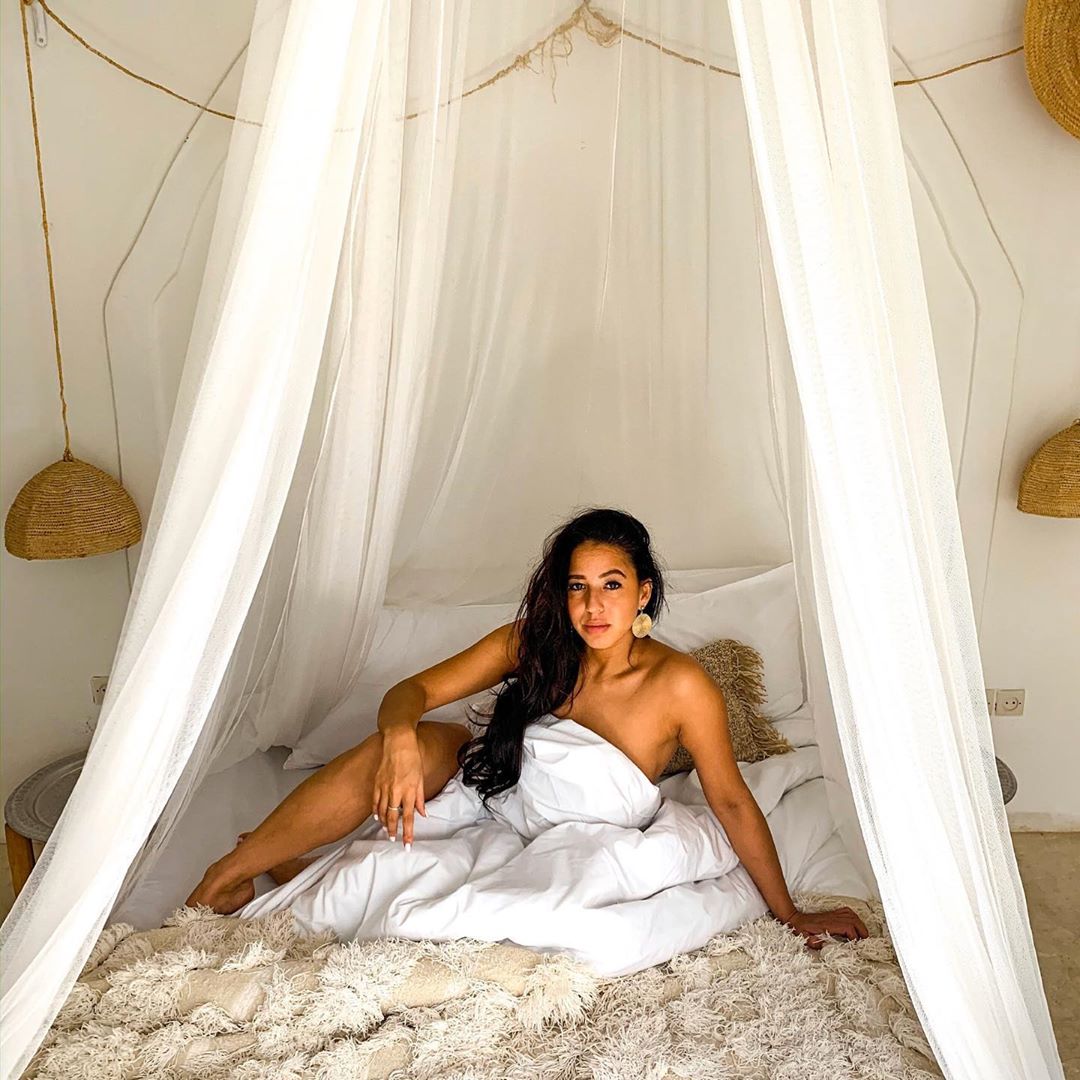
Salma El-Wardany is a chameleon of clashing identities: a fierce feminist, a sexual liberator, a devout Muslim, an astute businesswoman, and an incorruptible leftist idealist. El-Wardany is a modern-day polymath with a political agenda, in layman’s terms, she is a published author, poet, spoken word artist, and BBC radio presenter, but in the interest of brevity, let’s just go with her own self-identifier: another shouty woman.
Born in Egypt and raised in England by an Irish mother and a Pakistani stepfather, El-Wardany falls at the intersection of many identities and struggles. When she is not screaming her lungs out, El-Wardany slams her feelings onto a keyboard and lets them take written form, one Instagram post at a time.
In a world where social media amplifies our voices and innermost thoughts, El-Wardany’s platform is a complex visual rhetoric of contemporary womanhood and identity politics—from bawdy zingers and scathing commentary on male fragility and toxic masculinity, all the way to sex positive messages and sublime, heart-wrenching poetry dealing with modern love.
Having Sex While Muslim and Female
The trouble with living out loud and unfiltered, as El-Wardany would soon come to learn, is that it allows others to co-author your self-narrative. “I identify as Muslim and I would love to raise my kids as Muslims. I believe in God, when I hear the adhan something moves in my heart and until that stops moving, I’ll believe in God. A lot of people actually would love it if I wasn’t [Muslim], so the one thing that people tell me online all the time is, please just take Muslim out of your bio, you are half-naked on Instagram and you are talking about sex, how can you possibly be Muslim?” she says. “If I stop admitting that I am Muslim, it is easier for them because I am not part of the faith—you don’t have to reconcile my weird ideas with the faith.”
Like many women who speak openly about their sexuality, El-Wardany’s self-expression is often met with an onslaught of slut shaming, but such candid displays are particularly costly for Muslim women. The mere suspicion that an unmarried Muslim or Arab woman is sexually active could cost her her life.
“Everyone is a keyboard warrior, everyone is going to tell you that you are whore, that they are going to kill you or that they are going to rape you. If you had to write me a letter and post it for me to get that information, would you really do it? probably not, right?” she says. “I am more vocal about these things in England because I can be, the repercussions are less [severe]—physically, politically, religiously, etc. … I am in an incredibly privileged position and I fully believe that [God] will look after me, Inshallah,” she explains.
By openly speaking about her sex life, El-Wardany is attempting to challenge the narrative about Muslim women and break the monolithic depiction of their lives and identities in the media.
“What I would love is for more Muslim women to be vocal about the things that they do because actually they do it and hide it. If it is not safe for you to do it, actually, physically, then no, never, don’t ever put yourself in danger,” she says. “Some people are inherently private and they don’t want to tell everyone the intricate details of their love life, I get that, but if you are doing it just because you don’t want to seem eib or haram, you’re perpetuating a narrative that by the way harms all of us. I structurally can’t make the change that I want and that we all need alone.”
Navigating Intersectionality and Solidarity As a Muslim Woman
With the rise of global fascism, representation for religious, ethnic, sexual minorities is increasingly becoming one of the more powerful tools of resistance.
In the UK, where antisemitic and islamophobic incidents have seen a marked increase, advocacy platforms are merging to face the existential threat of racism, discrimination and queerphobia. In Britain’s politically and socially progressive spaces, this growing intersectional rights movement isn’t nearly as impactful as it should be, according to El-Wardany.
“I never feel that I am in spaces where everyone is like yay, everything’s great, Kumbaya, no. In Muslim communities, everyone can be talking about islamophobia and how we fight it, but then someone is still going to say some bull—— to me because I am a woman,” she says. “I’m still having these arguments in all the different spaces that I am in and then I can’t say anything about [LGBTQ+ rights] when I am with the Muslims, and I can’t say anything about racism [in LGBTQ+ spaces], and when I am with the Muslims, I can’t say anything about gender.”
Last year, the writer officiated a same-sex wedding in Australia and wrote about the experience for Stylist magazine. “I went and married these two women because Australia hasn’t been judicially and historically nice to Muslims or people of color or indigenous tribes, and also Muslims haven’t been nice to the LGBTQ community at all,” she explains. “I am always being a really visible ally in these ways, and always in the hope that someone is going to see and be like, there, this is how I can be an ally for women, for Muslims, for people of color, so I am hopefully leading by example.”
The Power of Female Rage
Having worn the hijab for six years and survived an abusive relationship, El-Wardany has had a more well-rounded experience of womanhood than most. Beyond the rhetorical devices and the sterling prose, the dominant theme behind El-Wardany’s words is the righteous indignation that goes hand and hand with womanhood.
“Female anger is so powerful. For so many years, we have denied ourselves our anger because we don’t want to be seen as hysterical or emotional or sensitive or whatever- now is the time to get angry. People are always trying to change from within and not air the dirty laundry, I am like, put the laundry out and burn the f——— house down,” she bellows. “I won’t calm down, I won’t be less bitter, I won’t be less furious. l am livid—when I think about me and my friends and the women in my family and women globally and I think about the oppression that they have suffered and the ills done to them.”
In Egypt, El-Wardany’s paternal ancestral home and where she was based during the early years of the Arab Spring, no amount of rage can correct the injustices done to women. De jure inequalities persist in the form of sexist divorce, child custody, and inheritance laws, as well as lenient sentencing guidelines for honor-based violence and killings.
On the other end of the spectrum, according to a 2017 report by 28 Too Many, Egypt has one of the world’s largest populations of women and girls who have undergone Female Genital Mutilation (FGM), a practice which although recently criminalized, continues to plague disenfranchised communities across the country.
On this side of the Mediterranean, the activist deploys a little less rage and a little more love to topple the patriarchy’s power structures.
“I totally appreciate my privilege to move between worlds. The conversation changes in different spaces, so I know I can’t come to Cairo and tell someone who lives at home and who is completely financially dependent on her family, yeah, just f—- it, tell your parents you are going to have sex. And I also know that that is not empowerment for everyone,” she says. “But they still want choices and the freedom to live their lives … We are trying to raise awareness and we are trying to create more empowerment for women, but I’m not trying to stuff whatever values I have down your throat.”
Change Through Storytelling
In her quest to change the narrative about Muslim women, El-Wardany has carved out a space for her progressive coreligionist to lean into that aspect of their identity. Hers is the kind of radical activism predicated on the idea that communities should make room for complexity, nuance, diversity, and dissent within their ranks.
“I know a lot of Muslims [don’t like to] talk about the problems within the Muslim community externally so we don’t look bad … I don’t really care if everyone else thinks we are bad, they already think we are terrorists anyway, they already think we are running away to Syria to join ISIS, who f——— cares what they think?” she exclaims. “I am more interested in radically changing the makeup of our Muslim communities because I think they are really damaging currently.”
And because the secret histories and annals of women’s struggle only exist in hushed conversations, El-Wardany relies on storytelling as the conduit for her activism, opening herself up to criticism and scrutiny and reliving past traumas to provide insight into the painful realities of womanhood. And she does it all in the hope that her haunting testimony will one day move enough people to actually make a change.
“To make huge structural change, I think we need love and patience and compassion, but I also think we need rage,” she says. “Fundamentally, the right that we are fighting for is about the choice. I want women in Egypt to have the choice and ability to go out and work and campaign for president. Or I want them to have the choice to stay at home and not do any of that and raise kids and have a family.”
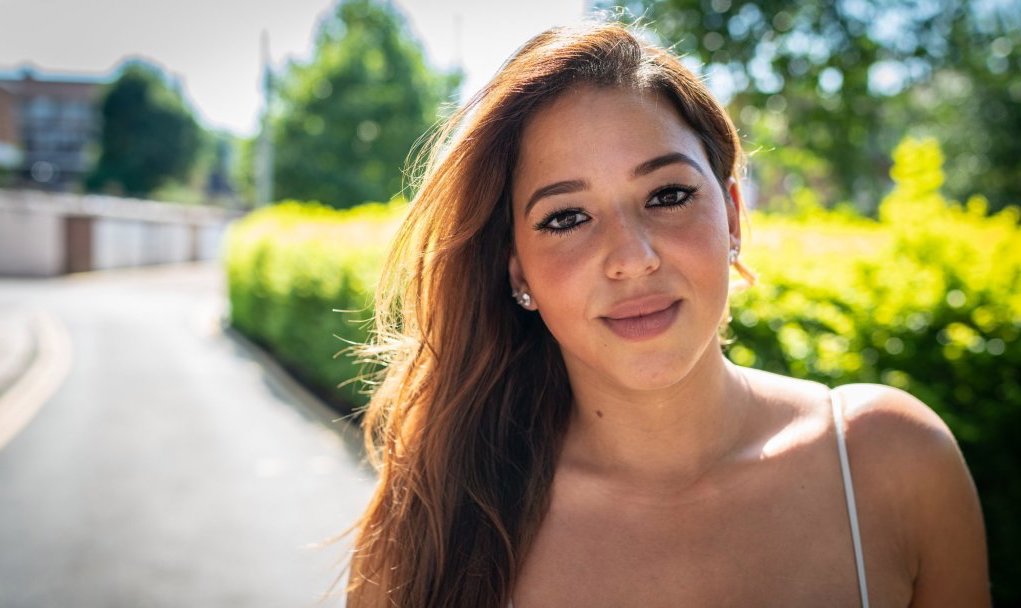


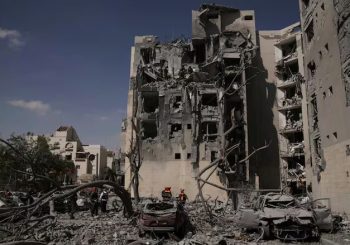
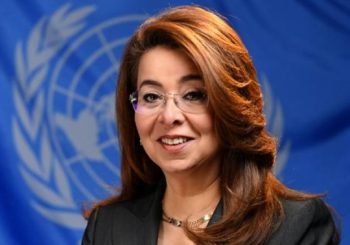
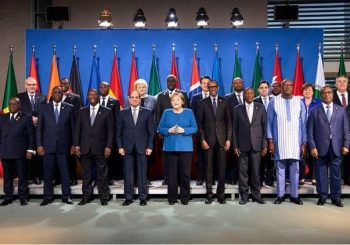
Comments (6)
[…] “I don’t think you can ever protect your child from the patriarchy, but you can educate your child to recognize what it looks like and give them the tools to combat it,” says Salma El-Wardany. […]
[…] On Sex, Rage, Feminism and Islam: A Piece of Irish-Egyptian Poet Salma El Wardany’s Mind – “Everyone is a keyboard warrior, everyone is going to tell you that you are whore, that they are going to kill you or that. […]